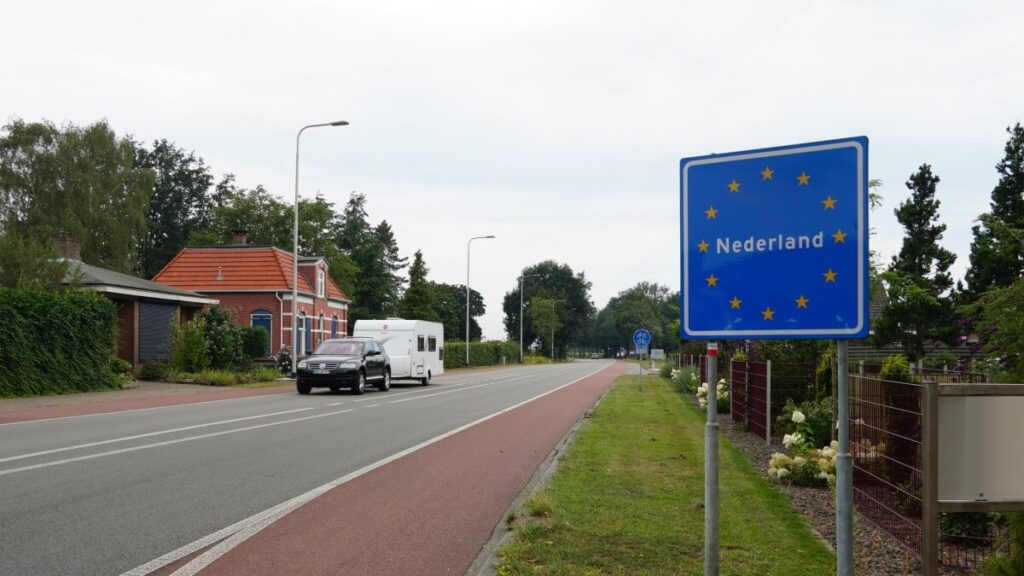Border checks introduced by the government of the Netherlands last year have helped the country to better manage irregular migration and have had “limited” and “manageable” economic effects.
Such conclusions have been reached in a recent survey by BNR with businesses as well as industry groups, Schengen.News reports.
According to the survey, in spite of fears related to traffic disruption, the controls’ small scale, as well as flexible implementation, have halted significant delays or potential congestion, according to a report from NL Times.
The Dutch travelers’ association, ANWB, confirmed to NL Times that the current frontier checks have not brought any delays or challenges.
As the German-Dutch Chamber of Commerce (DNHK) explained, controls on both sides of the border might cost the business industry a total of €60 million per month. Yet, its member companies report that the economic damage is under control.
However, the importance of European cooperation in order to maintain open borders has been emphasized.
6 Months Since Netherlands’ Border Controls Introduction
The Netherlands started internal land border controls with Germany and Belgium on December 9, 2024.
Back then, it was announced that the measure would be kept in place for six months.
The Dutch Migration Minister, Marjolein Faber, announced the decision in November 2024, stressing that it would help enhance national security.
Back then, the Dutch Minister Faber said that it was time to tackle irregular migration as well as migrant smuggling in a concrete way, stressing that this was the reason for the reintroduction of border controls.
Further Extension of Border Controls
The Netherlands’ decision to maintain border controls with Germany and Belgium was set to remain effective until June 9, 2025, however, it has once again been extended.
The Netherlands informed the European Commission that border control measures with Germany and Belgium will be kept in place until December 8, 2025.
Informing the Commission regarding its newest decision, the Netherlands said the measure comes due to high levels of asylum applications, irregular migration, and secondary movements, among others.
Serious threat to public policy caused by high levels of asylum applications, irregular migration, migrant smuggling, and secondary movements, leading to an overburdening of the migration system in general and the asylum system in particular, as well as pressure on public services, including housing, health care, and education; land and air borders with Belgium and Germany.
Concerns related to irregular migration are among the main reasons cited by several European Union countries that have recently reintroduced border controls.

